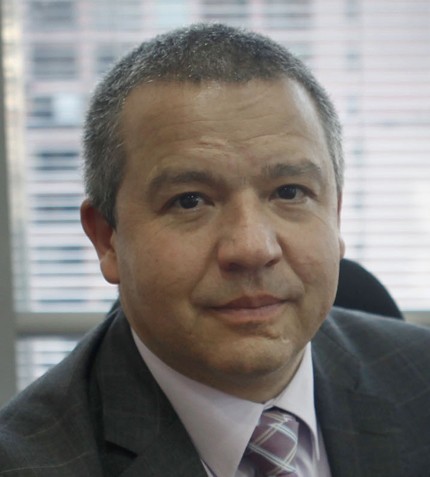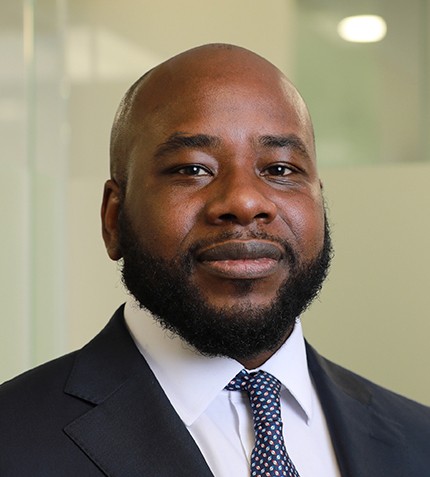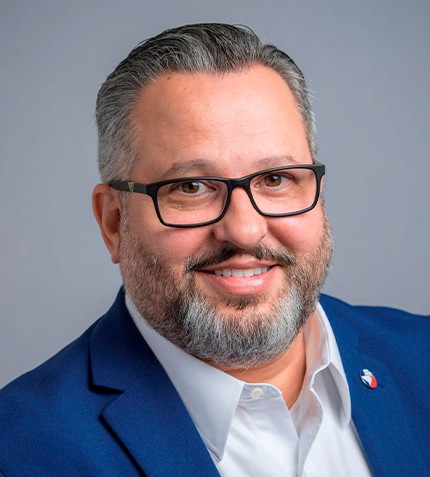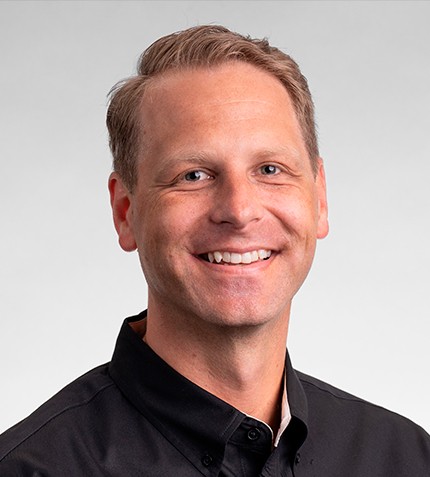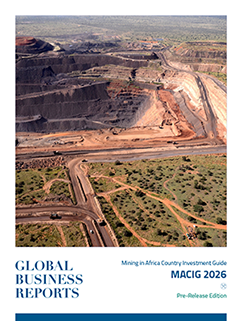
"We are creating a highly automated factory in Togo that will provide customized fertilizers for specific crops and soils, coupled with an integrated soil testing lab and quality analysis lab."
Murari Rakshit
FOUNDER & CEO, NUTRISOURCE
What have been the main updates from NutriSource and the agrochemical and fertilizer sector in the past year?
The agriculture and fertilizer sectors faced challenges due to significant fluctuations in fertilizer prices. High prices in the second half of 2020 and through 2022 had repercussions for everyone including ourselves. However, from a farmer's perspective, the recent downward trend in fertilizer prices has been beneficial.
Despite logistical challenges due to sanctions and regulatory issues stemming from the Russia – Ukraine war, fertilizer production within Africa was strong, particularly in Morocco and Nigeria. NutriSource, having a strong foothold in Africa, witnessed growth in fertilizer purchase and consumption compared to 2021 and 2022, signaling good signs for agriculture in Sub-Saharan Africa. However, erratic rainfall and the market correction of fertilizer prices still present some challenges.
As for NutriSource, we have almost doubled in volume and business, reaching a revenue of approximately US$70 million. This tremendous growth of 300% in three years has enhanced our brand visibility and acceptance. As for our manufacturing plans, due to unforeseen circumstances and challenges, we could not commence production in our Togo plant during 2022-23, but now we are all set to begin production in Togo by September.
NutriSource also recently won the International Prime Award for excellence in agriculture and farming. It is a recognition of our efforts to address the farming challenges of Sub-Saharan Africa. We are diligently working towards our goal of revolutionizing agriculture in Africa.
Could you outline NutriSource's strategy and plans for the coming year?
NutriSource's strategy includes creating a complete nutrient management solution via our factories, which will serve as hubs. We plan to create these hubs across different locations, providing both nutritional products and technology advisory services.
Our approach involves addressing three key areas: Optimizing the cost of nutrient management, reducing the wastage of fertilizer and hence greenhouse gas emissions too, and providing a complete nutrient solution supported by technology and advisory services. To achieve these, we are creating a highly automated factory in Togo that will provide customized fertilizers for specific crops and soils, coupled with an integrated soil testing lab and quality analysis lab.
Our digital platform, FarmSanta, which is live in Cameroon and Kenya and is set to launch in Togo and India, enables farmers to access comprehensive farming solutions. It provides advisory services, nutrient solutions, and market access, all integrated into a single platform. With FarmSanta we hope to bring together the key three stakeholders in the industry: Farmers, service providers, and government regulatory bodies.
Can you share more about the operations of your new factory and the challenges you face?
We initially encountered delays in setting up our factory, but we have since navigated both internal and external challenges. We are now primed to begin operations and revolutionize the fertilizer business, particularly in Togo, Burkina Faso, Mali, Niger, and parts of the Ivory Coast and Ghana. This factory will primarily serve as an export hub for the region, especially for specialized fertilizers. The biggest challenge we face is ensuring that our products remain affordable for farmers while keeping the business profitable.
How does being headquartered in Singapore while operating globally affect your business?
Travel, logistics and time zone coordination are the most significant challenges of operating globally. With our base in Singapore and business in Africa, the working hours can often be difficult to reconcile. Also, the current financial market in Singapore can be challenging for raising funding. However, being based in Singapore has numerous advantages. Being a global hub, it allows us to network effectively, enhances our company's positioning and corporate governance, and provides a beneficial working environment. It also helps in building a positive global image for our company.
Do you have any final comments?
We firmly believe in the vast agricultural opportunities in sub-Saharan Africa, and now is the opportune time to get involved. NutriSource is now steady after three challenging years, having learned from the market and addressed the issues faced. We are now ready to introduce our manufacturing product, which will set us apart in our operating geography. We believe our integrated approach of product, knowledge, technology and service will make a significant difference in the market and position our company as a key segment leader in this region.




